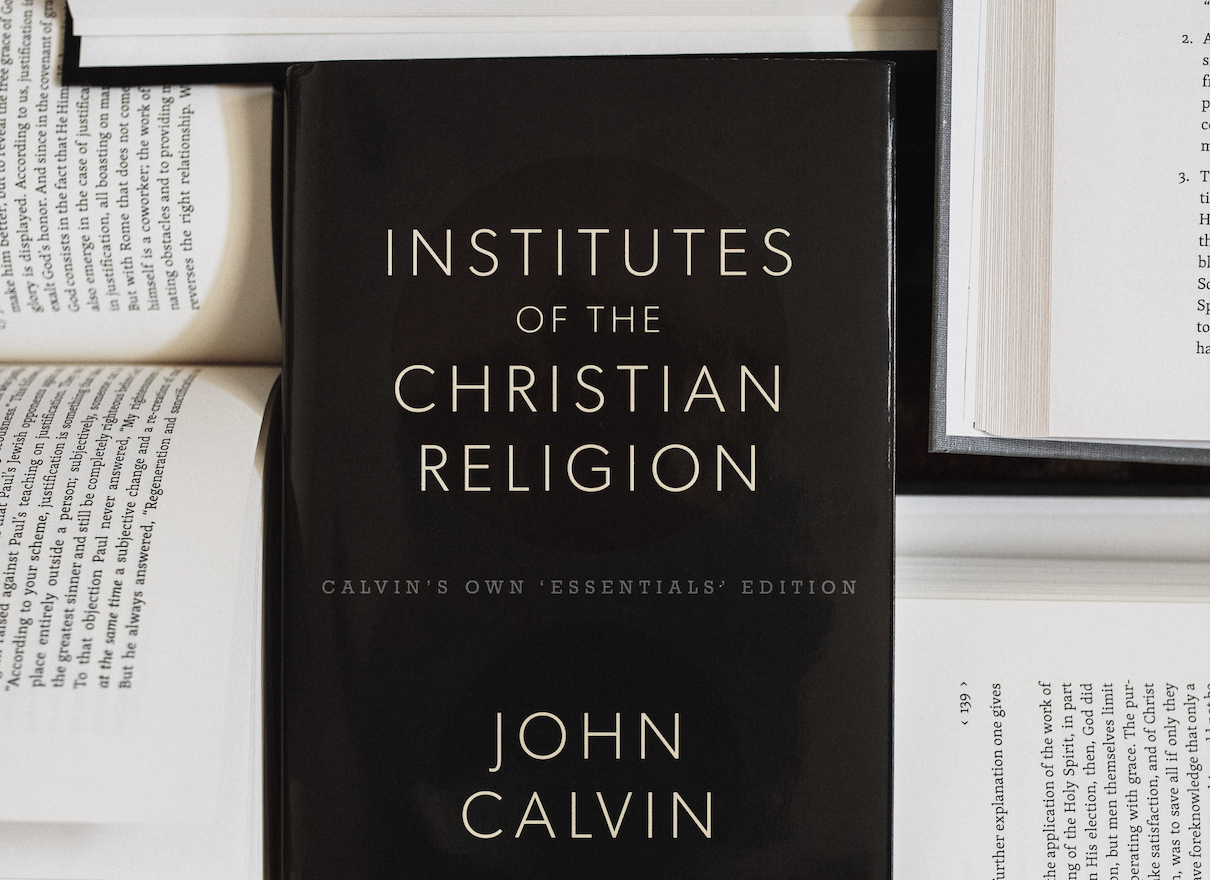How John Calvin influenced Pastor Andy Davis?
“Therefore, since we are surrounded by such a great cloud of witnesses, let us throw off everything that hinders and the sin that so easily entangles, and let us run with perseverance the race marked out for us.” – Hebrews 12:1
One of the greatest blessings of studying church history is the wisdom we get from the unique ways that God has gifted and used men and women in the past. Truly every human being is an individual, specially crafted by God for His own glory. The individual and unique ways in which someone can glorify God shines forth only when that person submits himself fully to the Lord and allows the Holy Spirit to use him. Studying church history gives us a sense also of being part of a vast and glorious family of royal blood. Our spiritual ancestry is truly noble and worthy. So, we will share fellowship in heaven with brothers and sisters and learn how God used them and what God did in and through them.
John Calvin is one such hero of church history for me. Born in Noyon, France in 1509, Calvin came to believe the true gospel of Jesus Christ as it had been clarified by Martin Luther and other reformers in the early part of the sixteenth century. Calvin had been studying to be a lawyer, but God converted him by his sovereign grace. He eventually had to flee for his life from Catholic authorities in France and came to settle in Geneva, Switzerland. His pastoral ministry there was extraordinary, powerful and timeless. Scottish reformer, John Knox, was trained by Calvin and others in Geneva when he had fled from the persecution of Protestants under Queen Mary. Knox called Calvin’s Geneva “The most perfect school of Christ there has been since the time of the apostles.” Calvin had a vision of the unity of the Scriptures, and the unity of all life under the gospel. That vision translated into a Geneva dominated by the word of God in which the church and its ministries were all brought back to the touchstone of Scripture, and so was all of Genevan society, including its government. During his ministry at Geneva, Calvin preached over two thousand sermons, in addition to publishing four different editions of his classic work of systematic theology, the Institutes, and careful commentaries on most of the books of the Bible. He wrote over 1300 letters that are still with us—B.B. Warfield called John Calvin “the greatest letter-writer of the Reformation.” It is staggering to me how much work the man put out.
“Calvin taught me ‘the Forest AND the Trees’… both the big picture of Scripture (the Glory of God in Christ the Redeemer) and the details (passage after passage of bible texts rightly interpreted in light of the rest of Scripture.”
Many people associate John Calvin with “the Five Points of Calvinism,” and while I believe Calvin would have readily accepted each of these five points, that articulation of the sovereignty of God in salvation did not originate with him but with a later generation of theologians. Therefore, I do not primarily think of predestination or other associated doctrines when I think of Calvin. Rather I think of a consistent and powerful methodology of handling Scripture from the pulpit and in all teaching aspects of the church in which the overall big themes of Scripture and the smallest details are consistently harmonized, refining one another. There is an old expression in which we say that so and so “can’t see the forest for the trees.” It means the individual is so focused on tiny details, he can’t see the big picture. But when it comes to the Bible, both the forest (big picture) and the trees (details) are glorious and worthy of study. Without understanding details from specific passages of Scripture, we will never arrive at a clear view of the big picture; and without that big picture, we are likely to misinterpret individual passages of Scripture and allow some passages to be skewed in our understanding. Calvin taught me “the Forest AND the Trees”… both the big picture of Scripture (the Glory of God in Christ the Redeemer) and the details (passage after passage of bible texts rightly interpreted in light of the rest of Scripture. I seek to preach that way every single week, and it was John Calvin who taught me that.



